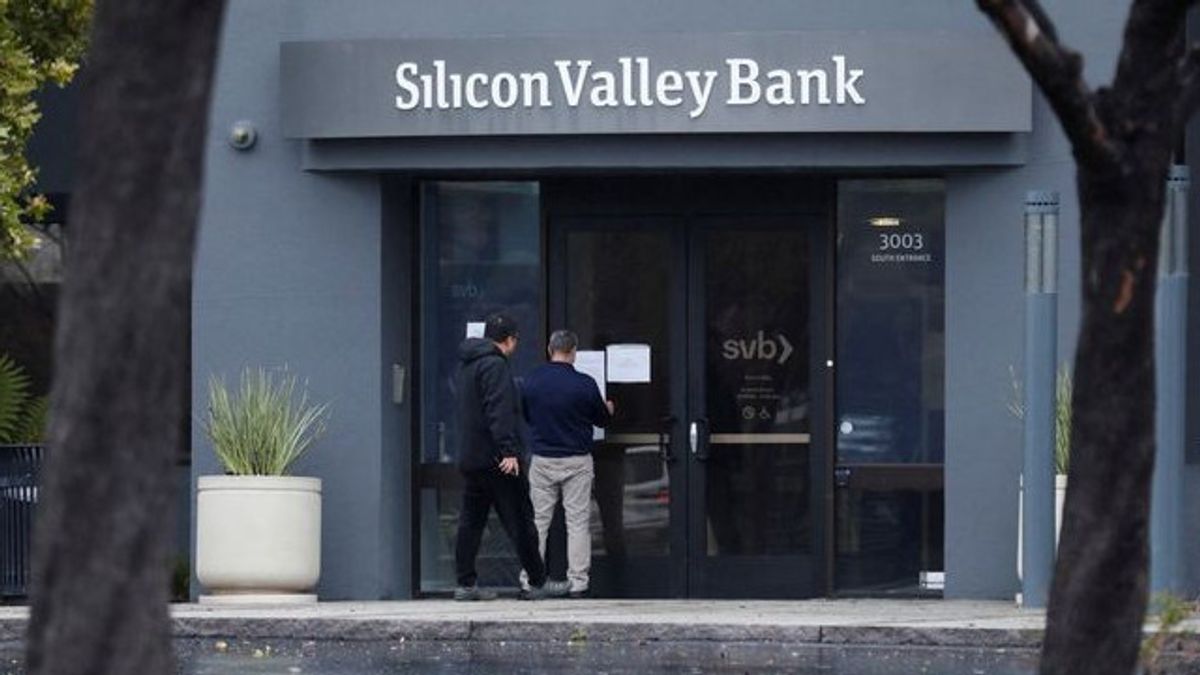JAKARTA - Economist and Executive Director of Segara Institute Piter Abdullah said the closure of Silicon Valley Bank (SVB) in the United States (US) has the potential to disrupt the operations of many global startups that receive financing from the bank.
"There is the potential for many global startups to be disrupted, or even have to rationalize, layoffs, and so on," said Piter, quoted from Antara, Tuesday, March 14.
Global startups are directly affected by SVB's bankruptcy because it involves financing and placement of funds. For the placement of funds, it is still covered by a US government statement that guarantees all funds will be returned. However, continued Piter, global startups that have so far received funding from SVB must find other sources of funding.
"Efforts to find other sources of funding, if not successful, will affect startup operations," he said.
Piter believes that there is no direct relationship between the fall of SVB and local startups in Indonesia.
"I don't see a direct relationship between SVB and local startups because as far as I know there are no local startups that get direct financing from SVB," he said.
He said local startups had already consolidated due to the cut off in financing from global investors in 2021-2022.
Even though there was no direct impact, according to Piter, there would certainly be an indirect impact because SVB's bankruptcy would have an impact on the global startup industry, which is more or less related.
SEE ALSO:
Meanwhile, economist at Mirae Asset Sekuritas, Rully Arya Wisnubroto, said that one of the things to note was that the SVB fall was the impact of an aggressive increase in interest rates, accompanied by tightening liquidity in the financial system.
Therefore, he considered that Bank Indonesia's (BI) steps were very appropriate not to raise interest rates significantly and to ensure sufficient liquidity in the domestic financial system.
On the other hand, the SVB closing event is likely to influence the direction of interest rates in the US going forward, which may lead to the possibility that the US Central Bank or The Fed are not aggressive in raising interest rates.
The English, Chinese, Japanese, Arabic, and French versions are automatically generated by the AI. So there may still be inaccuracies in translating, please always see Indonesian as our main language. (system supported by DigitalSiber.id)











